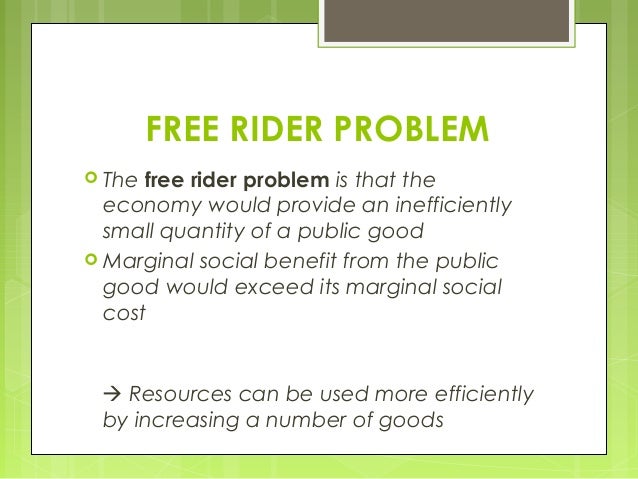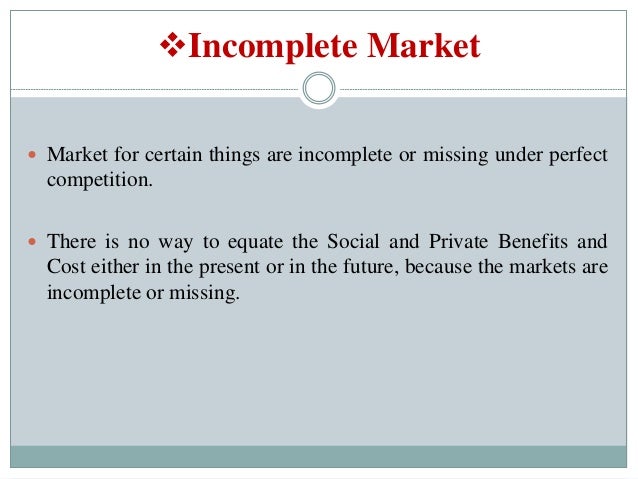

In each period of the mutual aid game, one randomly selected individual from each group is 'needy'. The dynamics of the mutual aid game are very similar to other models of indirect reciprocity so our results should generalize to other social exchange systems. Second, individuals engage in a multi-period 'mutual aid game', a form of indirect reciprocity that is well suited to a population structured into groups. First, individuals decide whether or not to contribute to a one-shot collective action game at a net personal cost C in order to create a benefit B shared equally amongst the n - 1 other group members, where B > C. To show that indirect reciprocity can stabilize collective action without the second-order free rider problem, we consider a large population subdivided into randomly formed social groups of size n. However, we also show that such a strategy cannot invade a population in which indirect reciprocity is not linked to collective action, thus leaving unexplained how collective action arises. Here, we show that such exclusion is evolutionarily stable, providing an incentive to engage in costly cooperation, while avoiding the second-order free rider problem because punishers can withhold help from free riders without damaging their reputations.

The threat of exclusion from indirect reciprocity can sustain collective action in the laboratory.

Solutions to this 'second-order free rider problem' include meta-punishment, mutation, conformism, signalling and group-selection. Evidence suggests that punishing free riders can maintain cooperation, but why individuals should engage in costly punishment is unclear. Although the evolution of indirect reciprocity is theoretically plausible, there is no consensus about how collective action evolves. In 'collective action', individuals engage in costly behaviour that benefits the group as a whole. 'Indirect reciprocity' occurs when individuals help others in order to uphold a reputation and so be included in future cooperation. Models of large-scale human cooperation take two forms. Author(s): Karthik Panchanathan (corresponding author) Robert Boyd


 0 kommentar(er)
0 kommentar(er)
